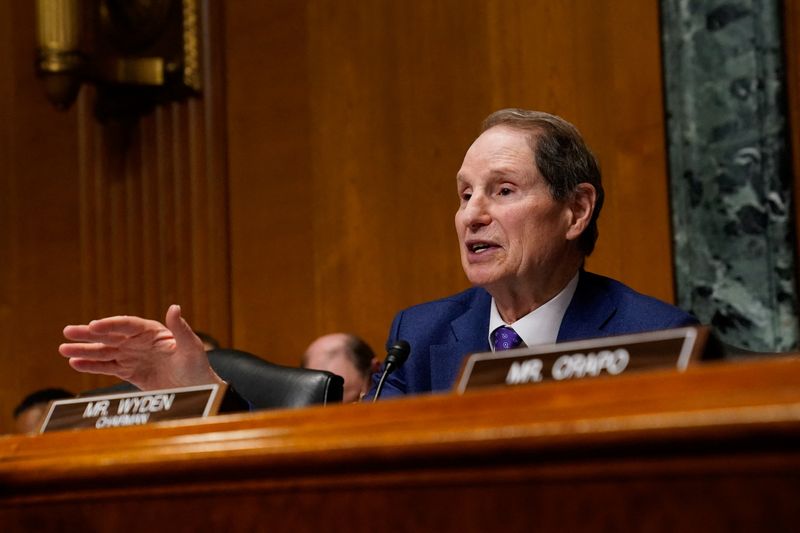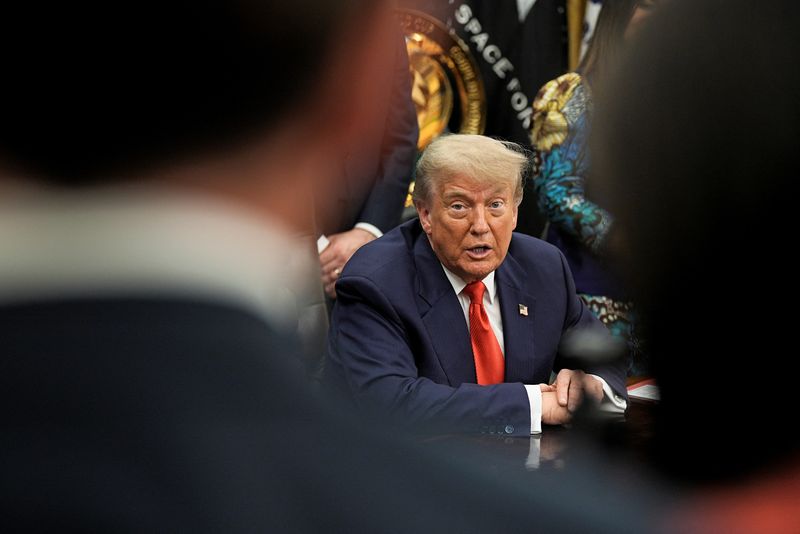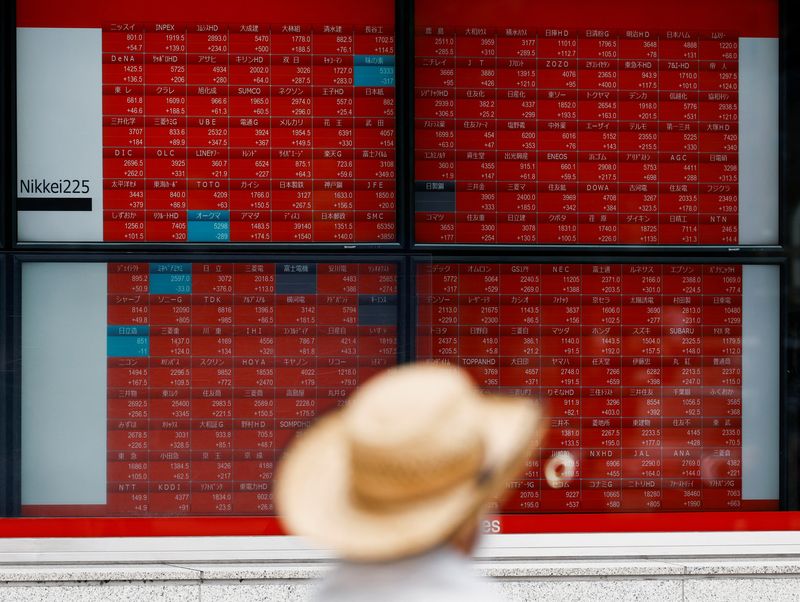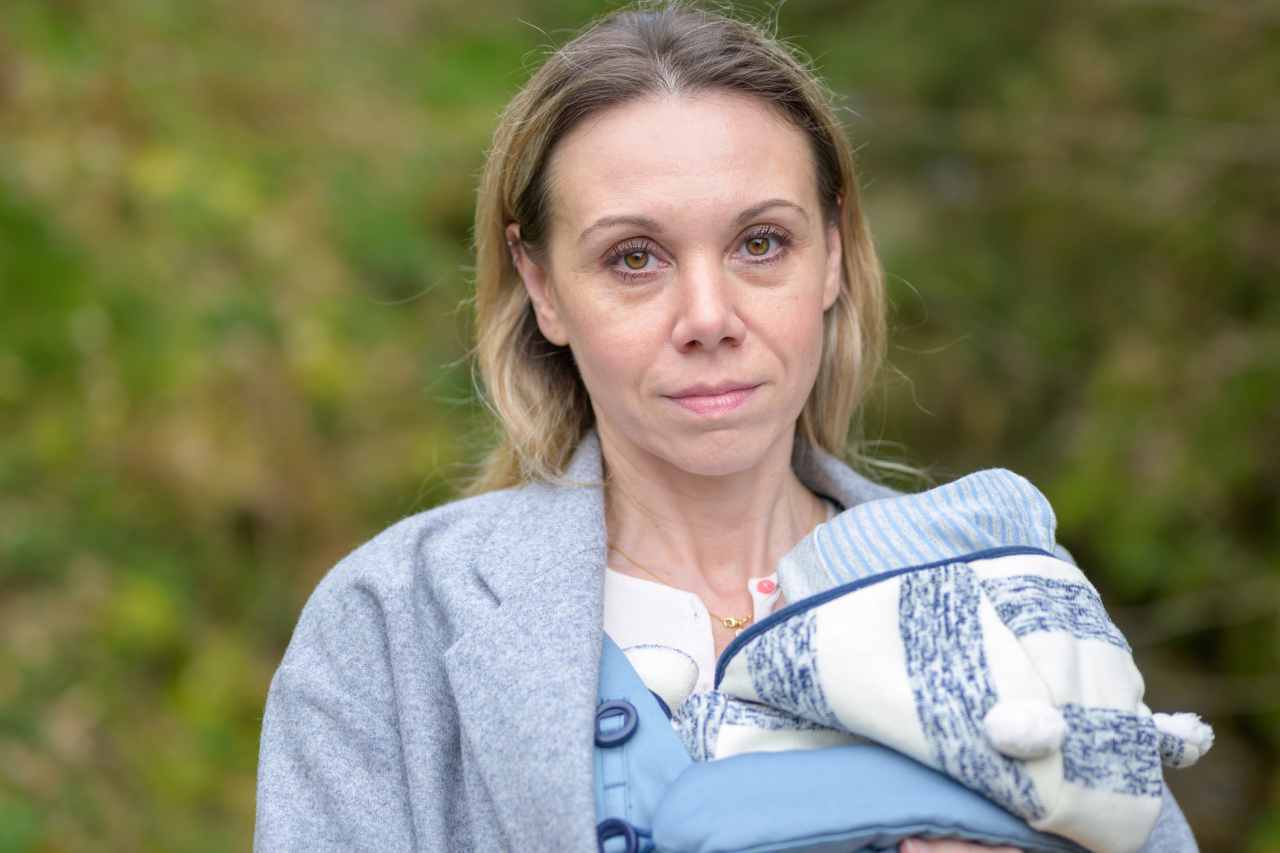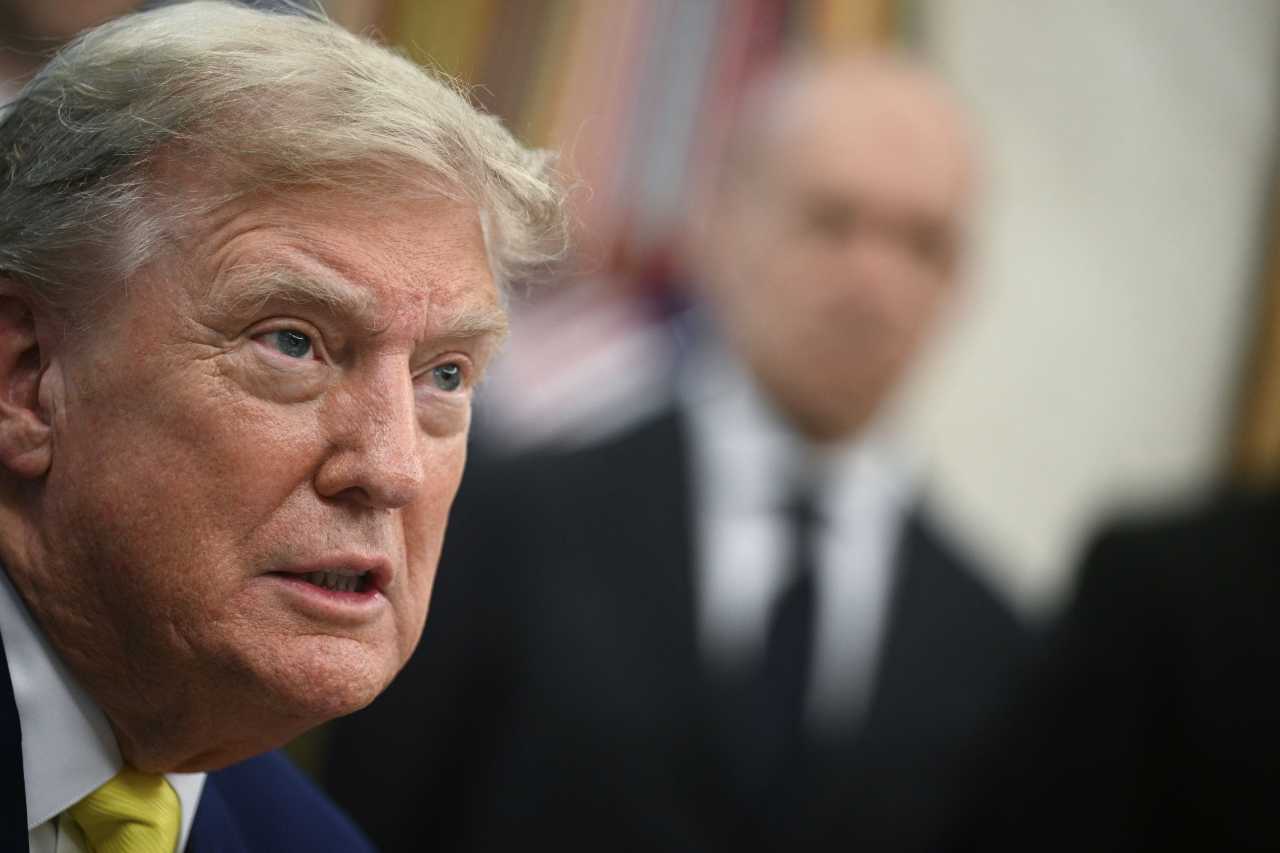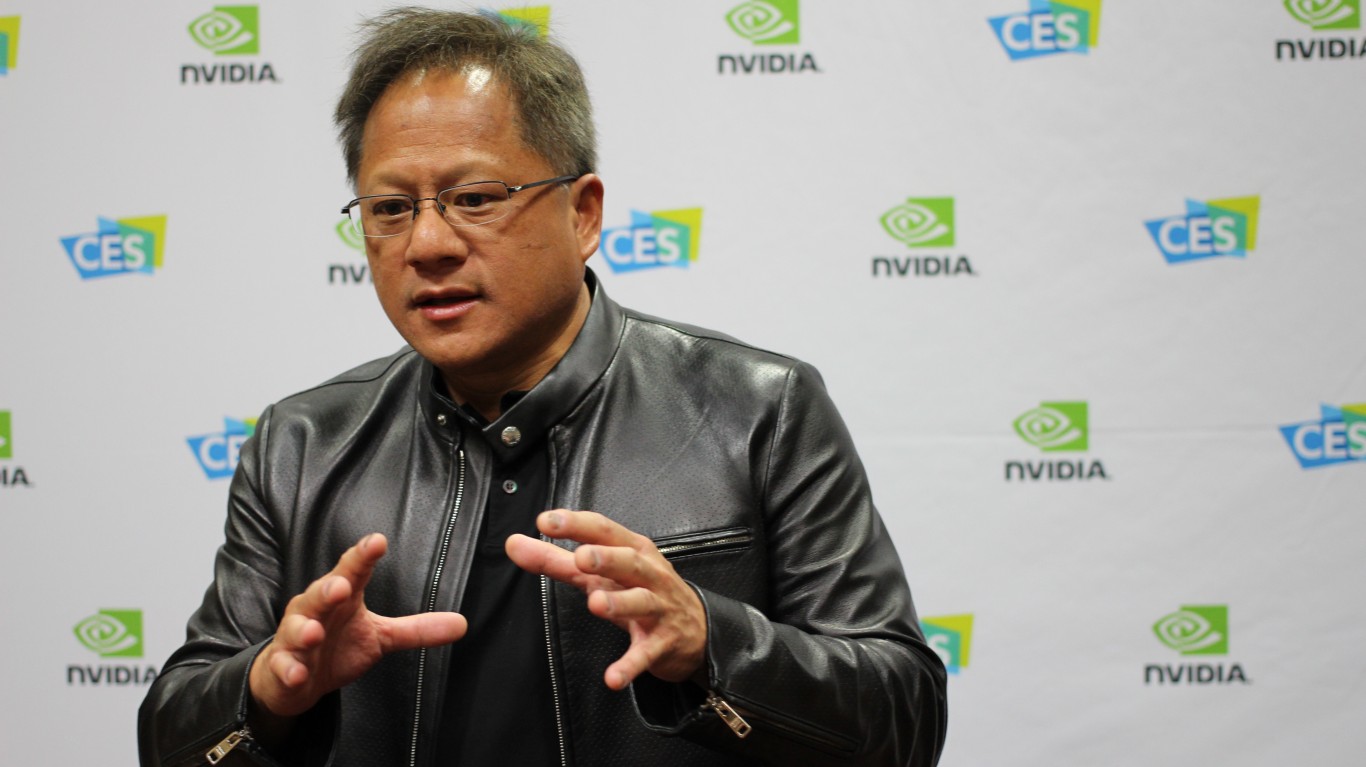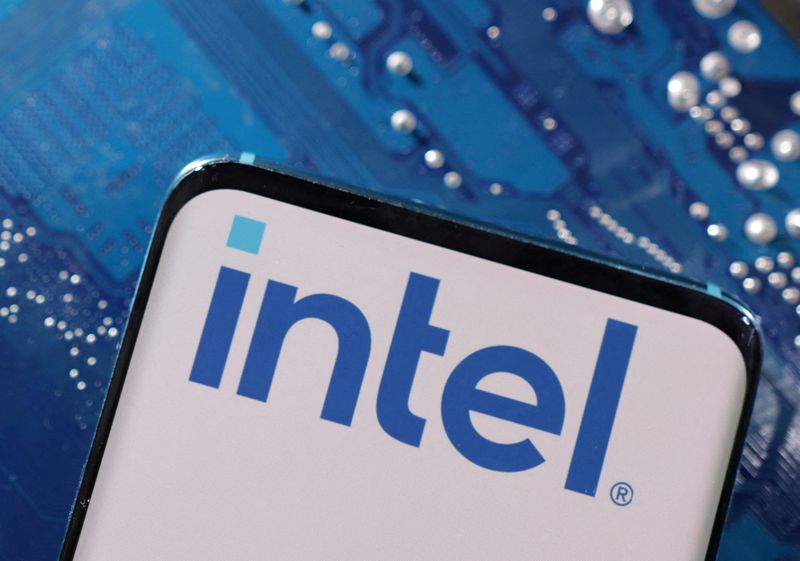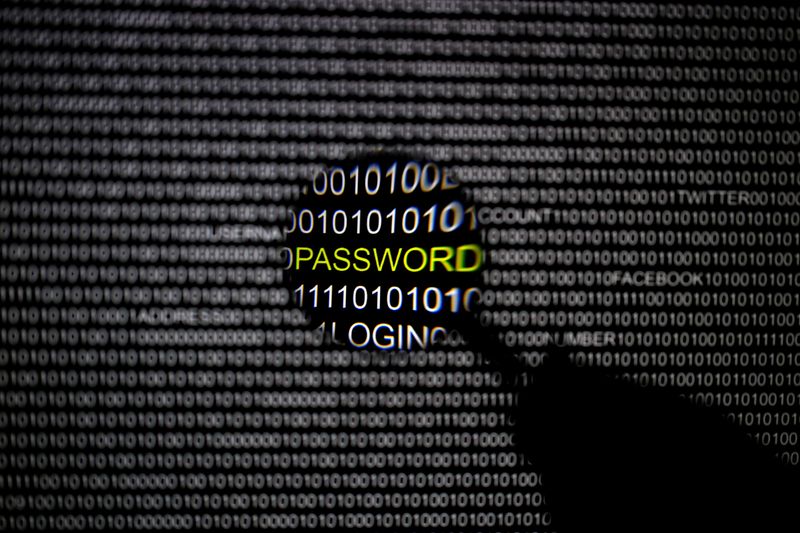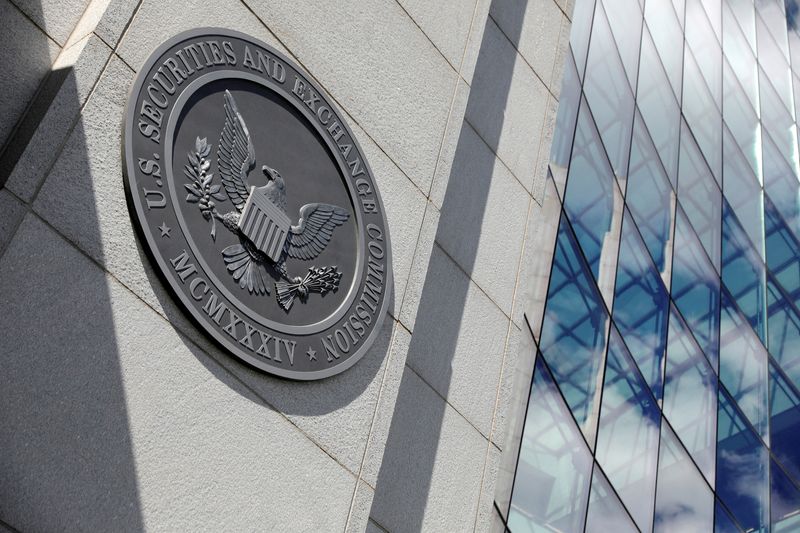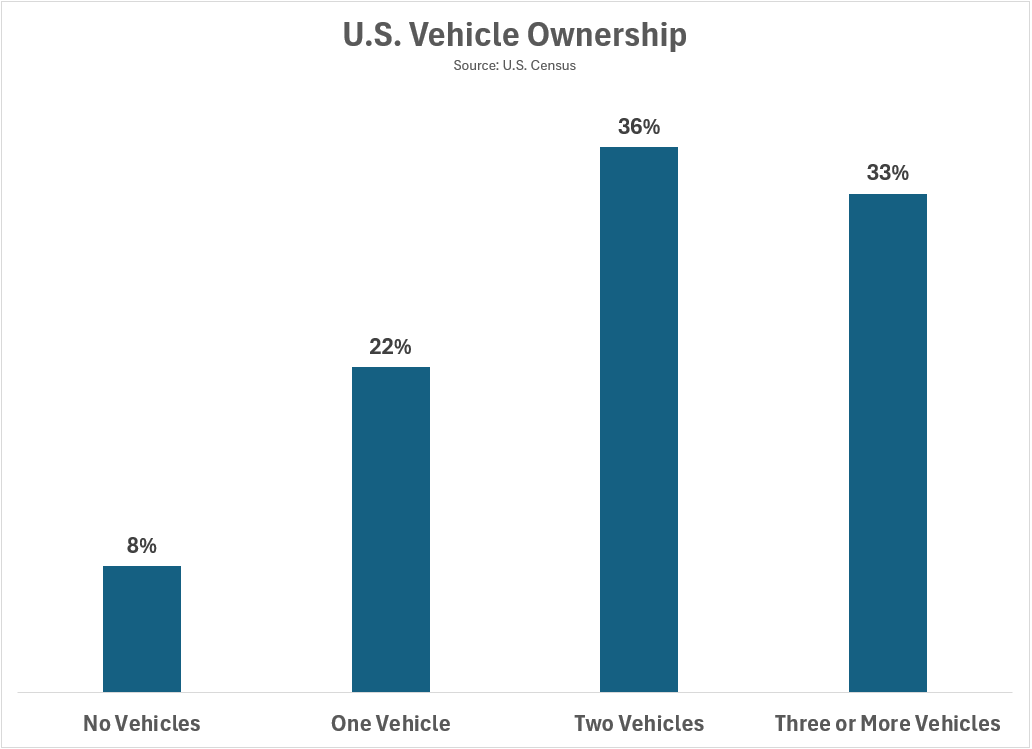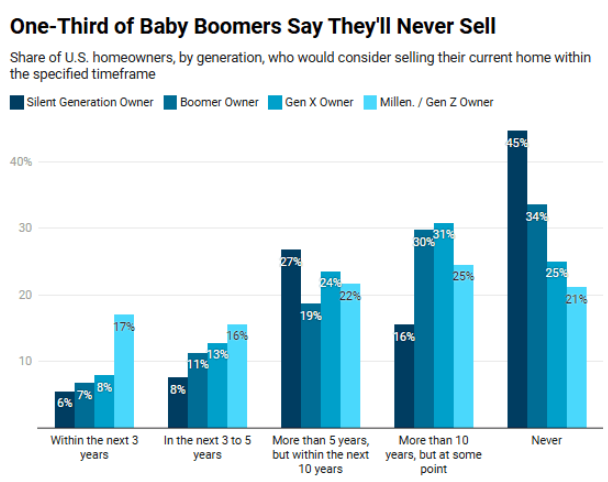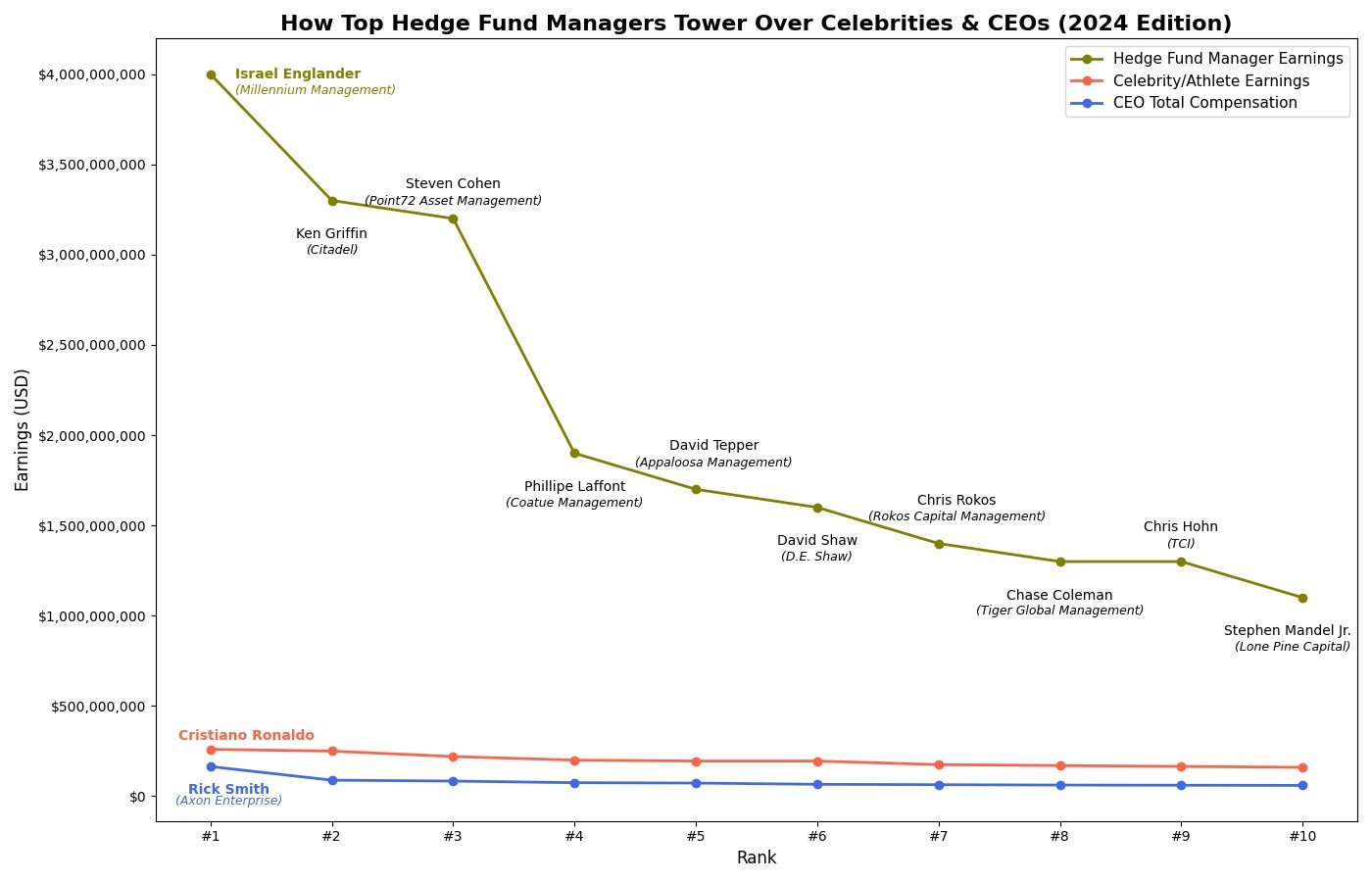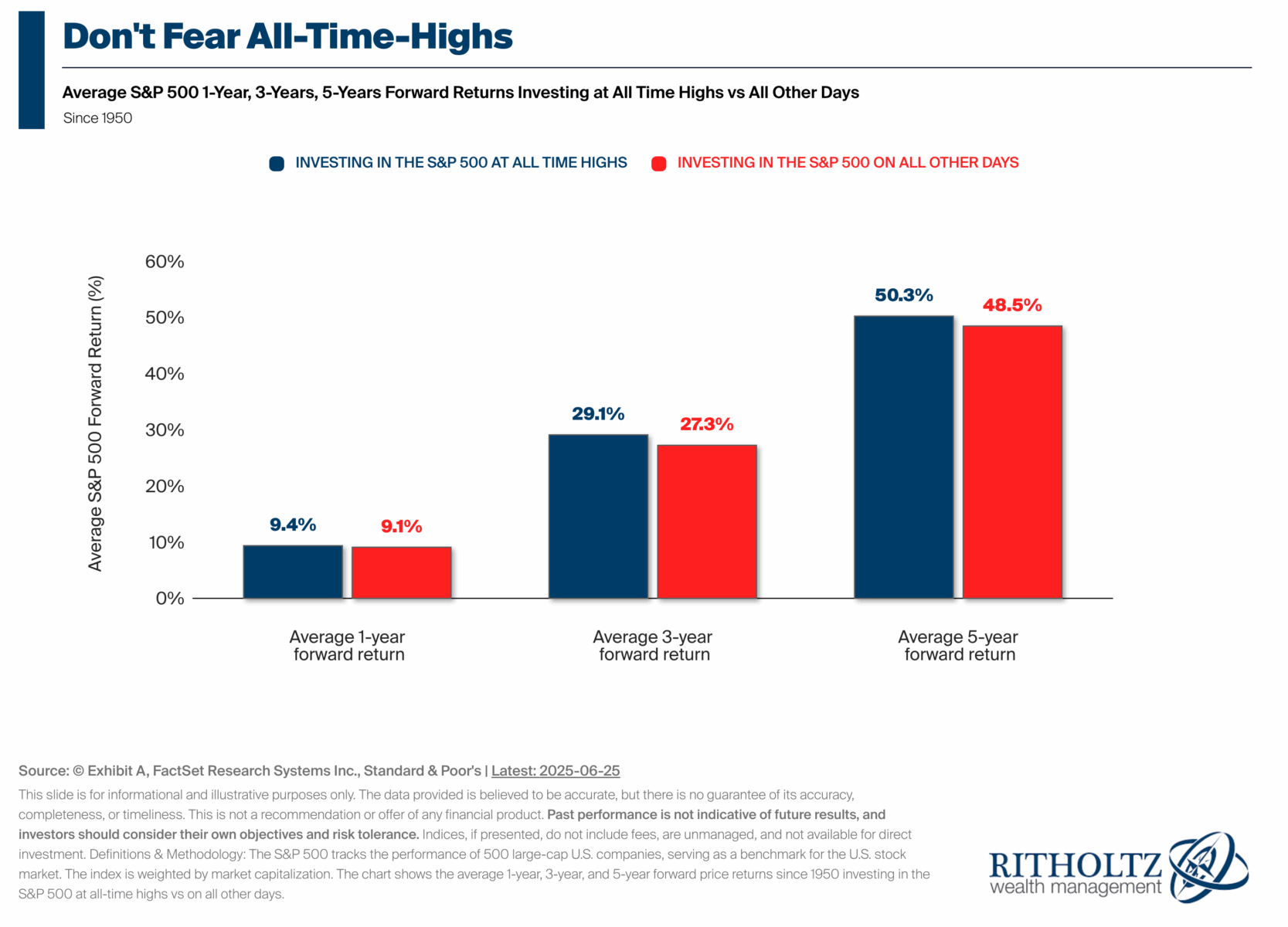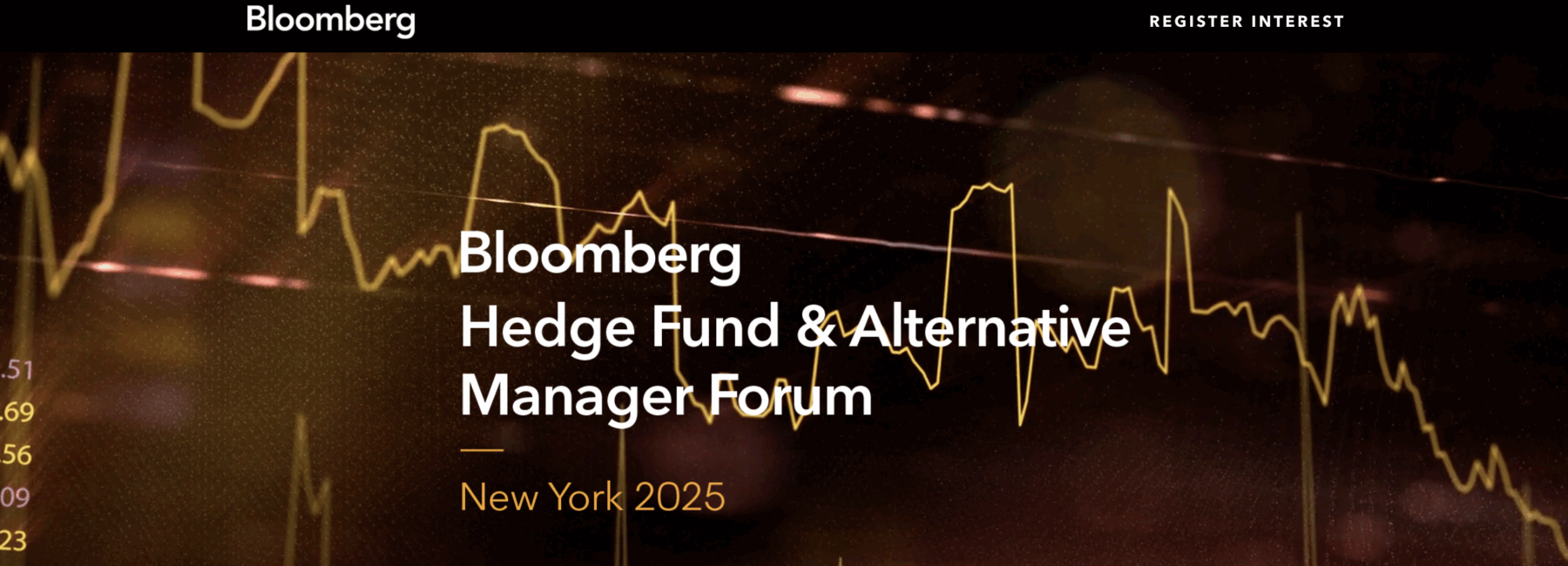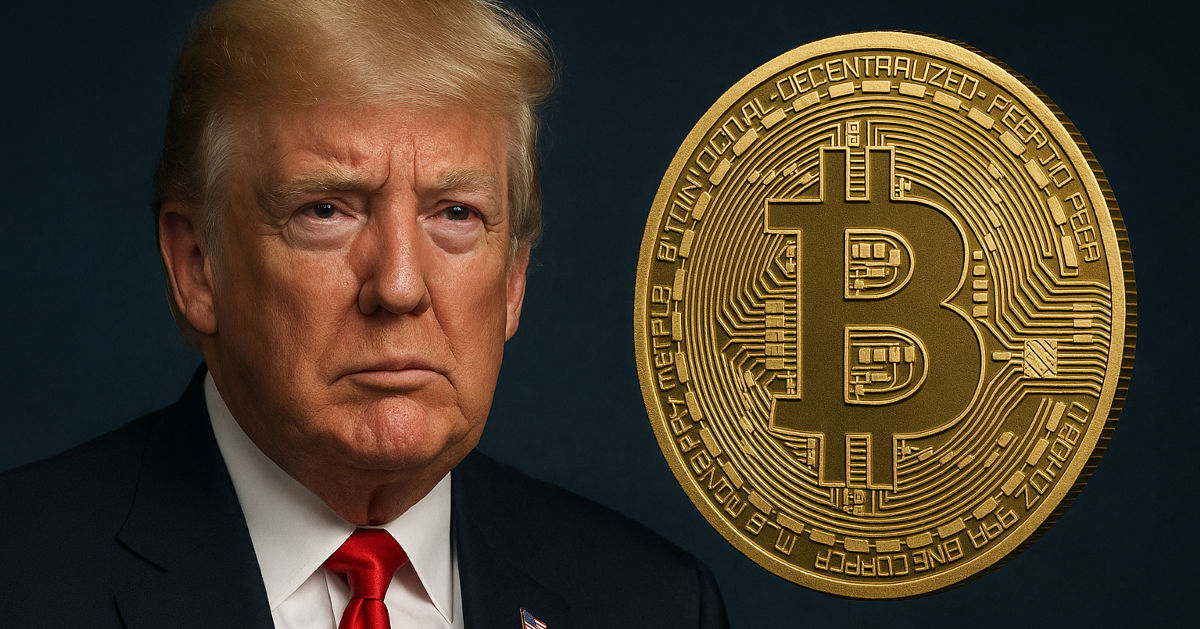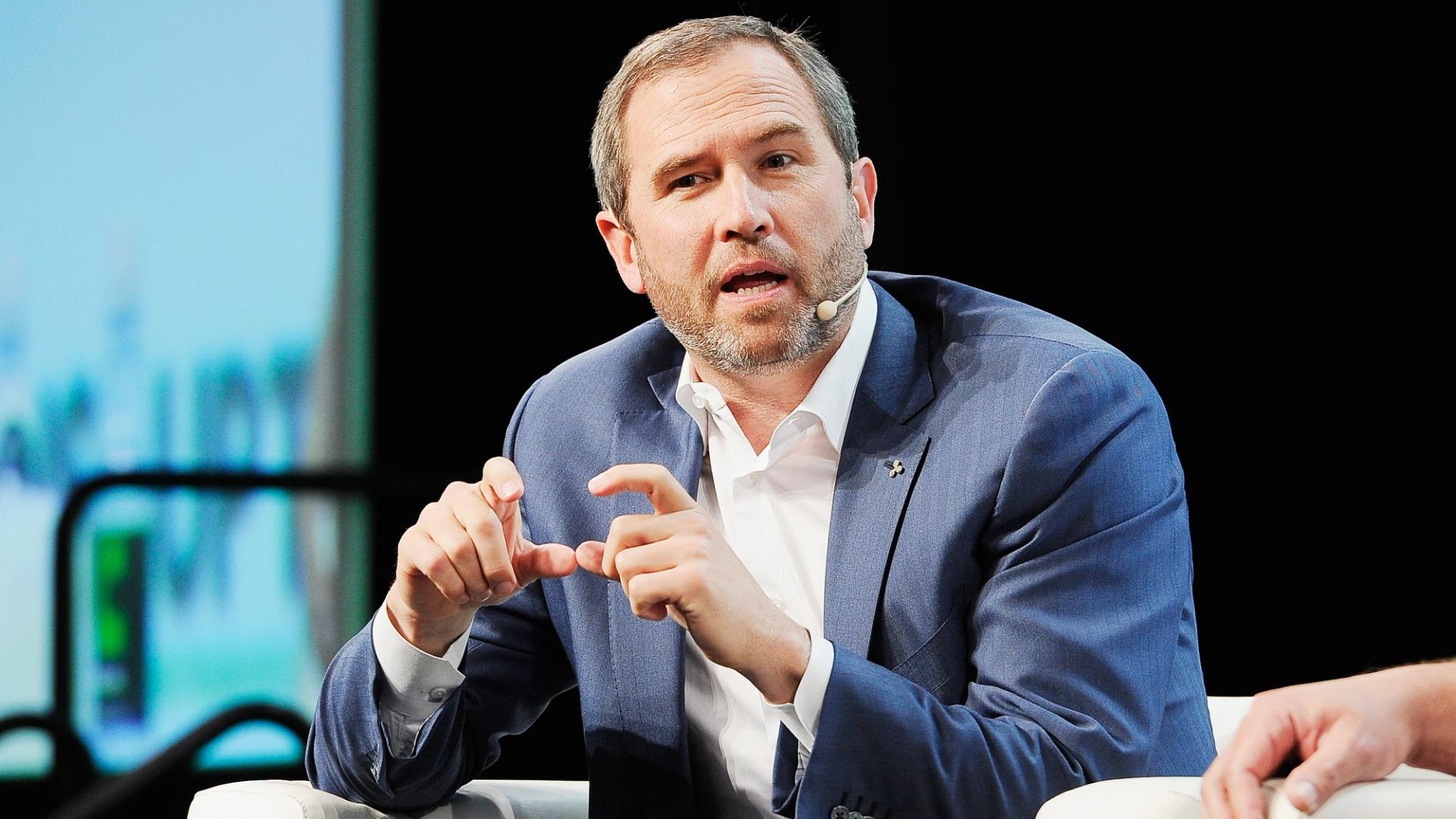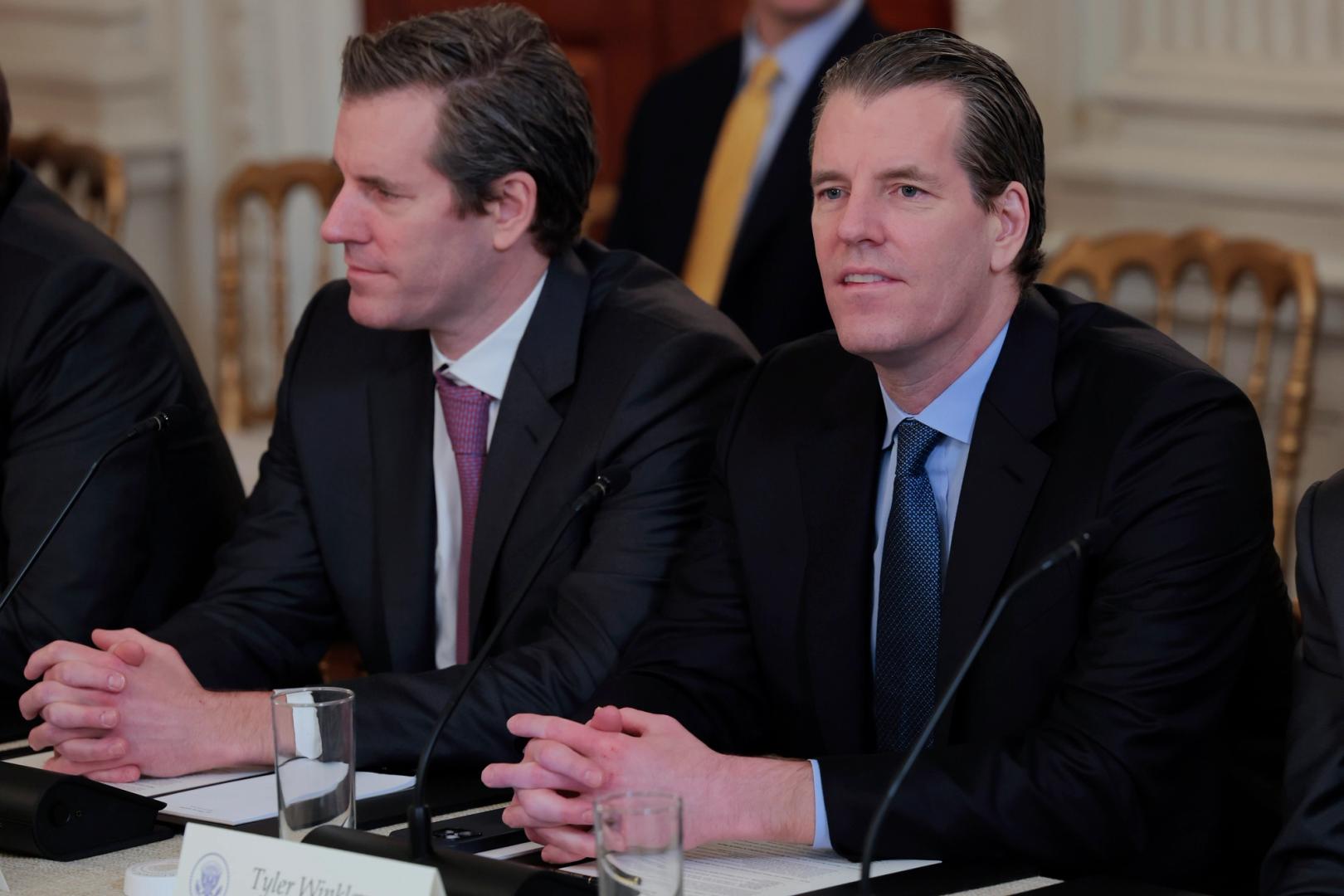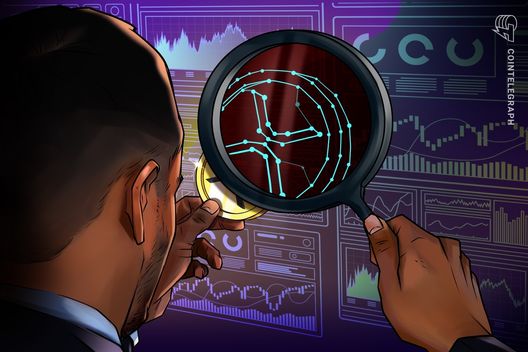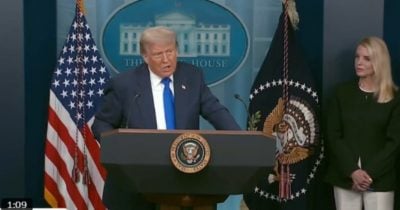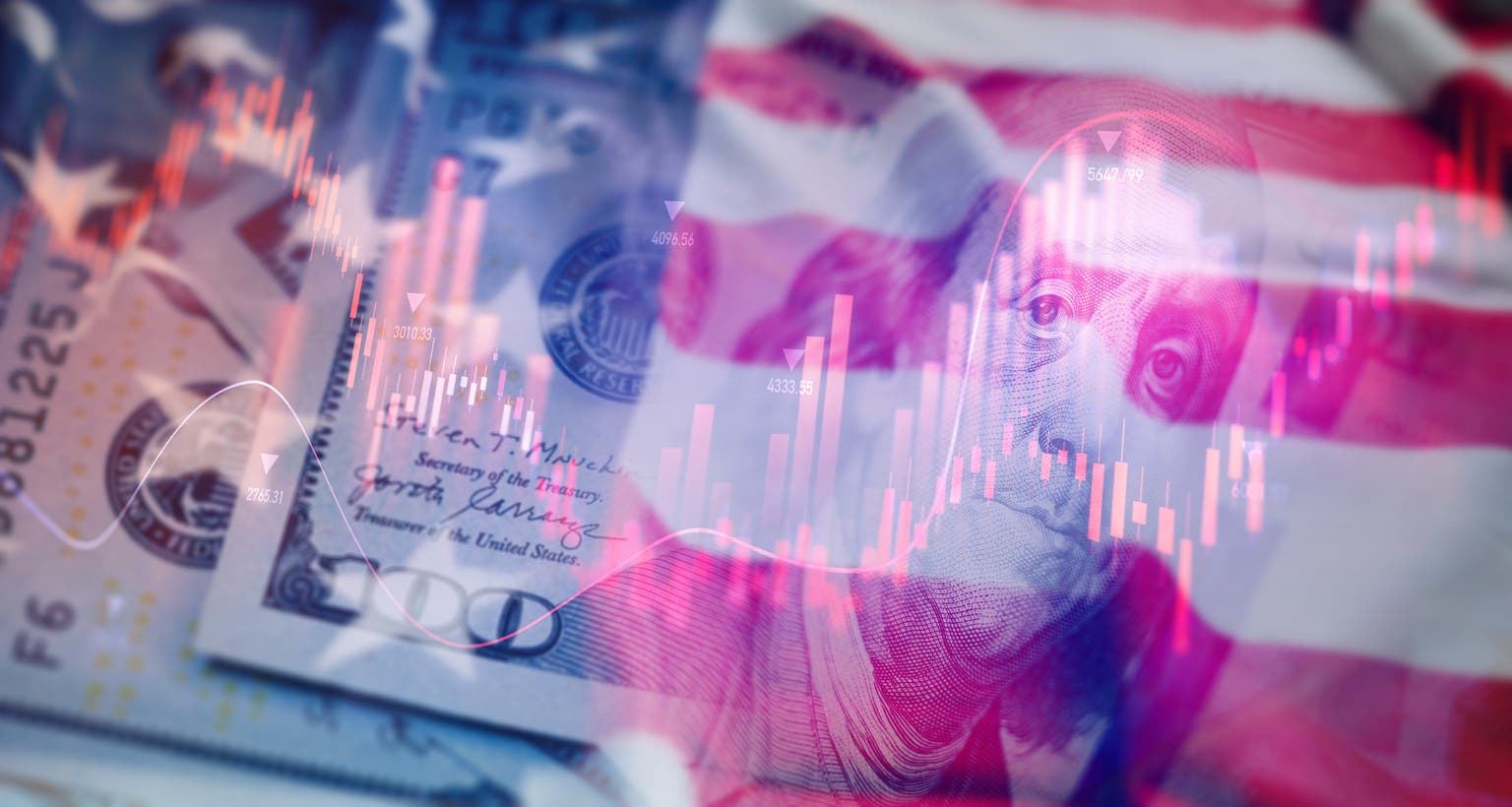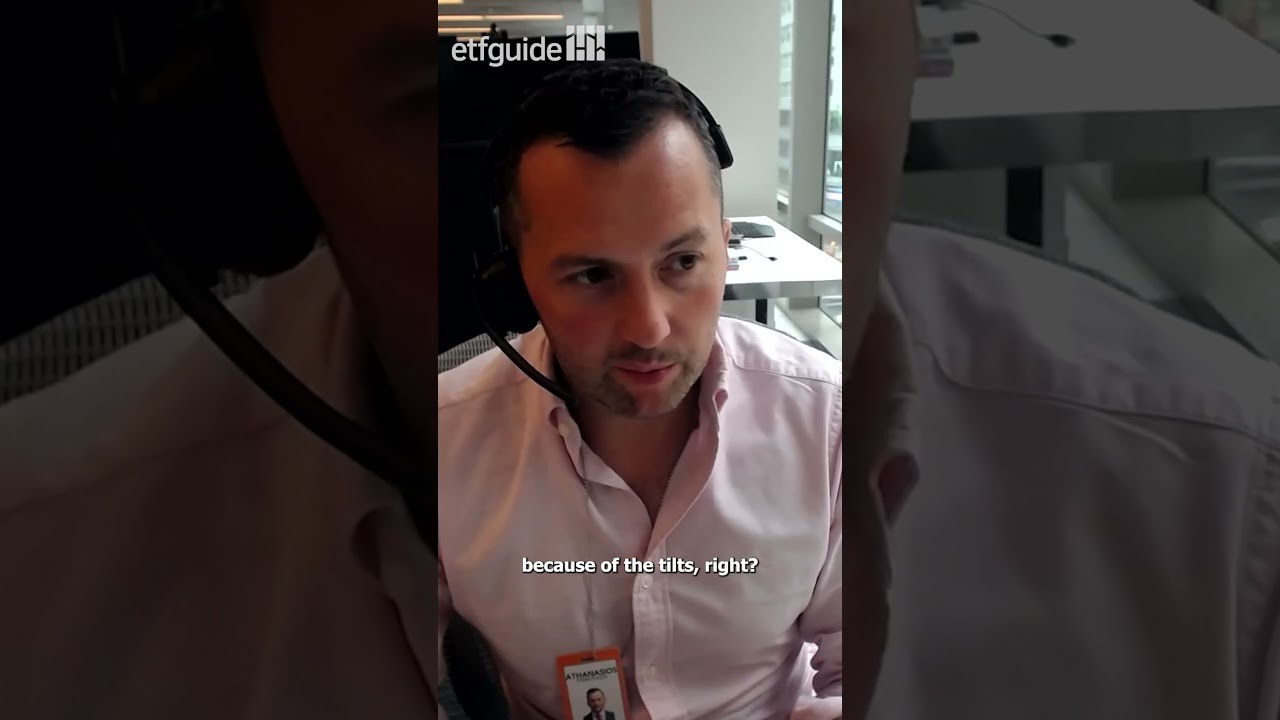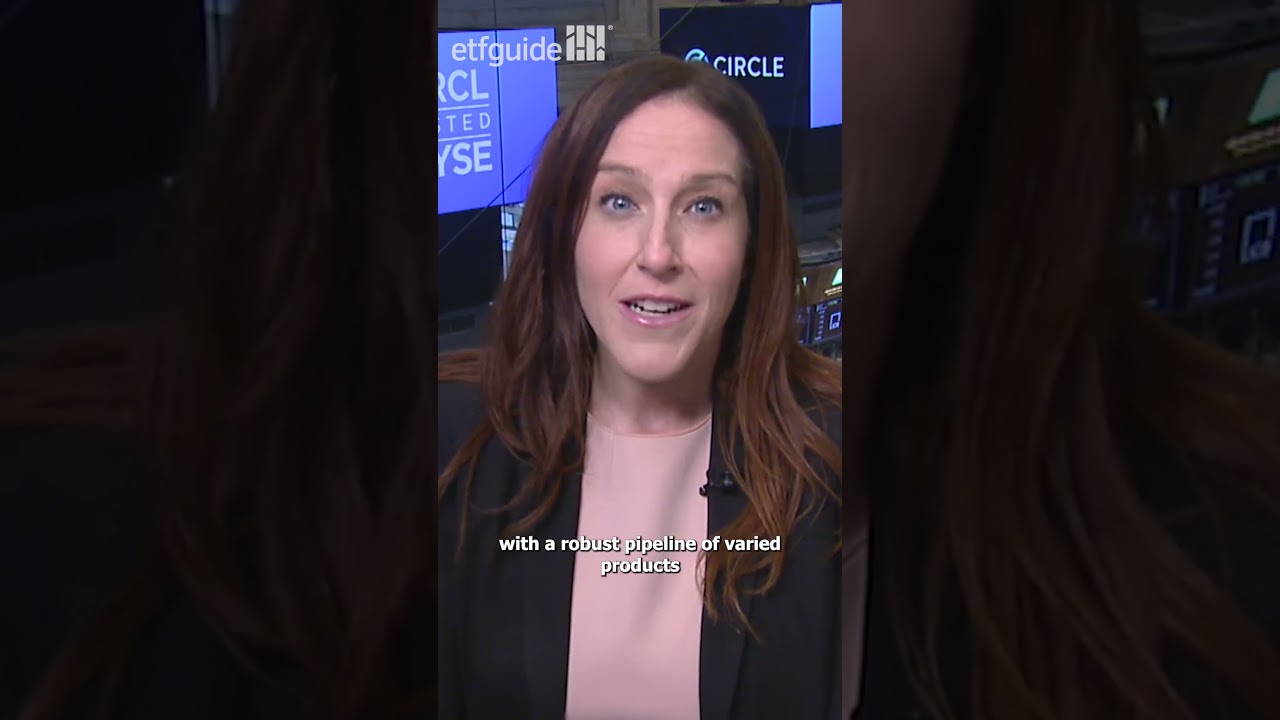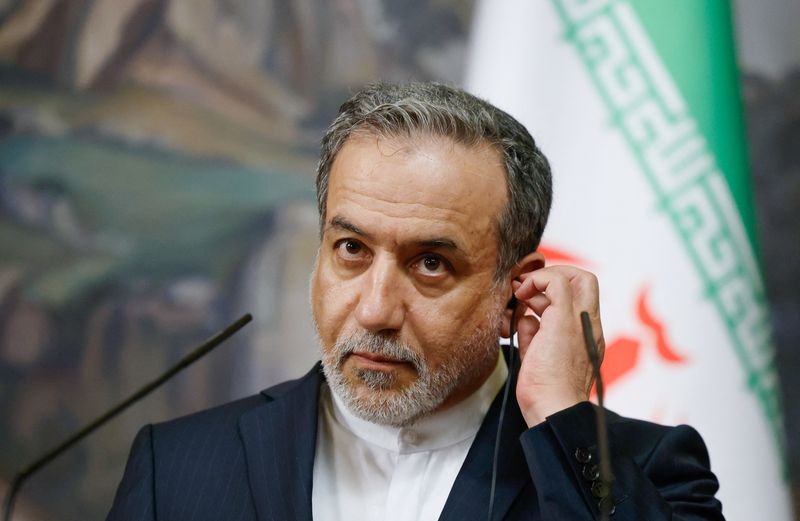Filipino politicians share deepfake videos in a battle over impeachment: ‘Even if it’s AI…I agree with the point’
Allies of Philippines Vice President Sara Duterte shared a viral video of AI-generated characters last week in to defend her from a looming impeachment.

Deepfakes are shaking up politics, with both politicians and their supporters turning to AI-generated videos to make arguments, attack their opponents and, worse, share misinformation. Powerful and accessible video generation tools are now changing the norms about whether, and how, to use this fake content.
Allies of Philippines Vice President Sara Duterte shared a viral video of AI-generated characters last week in a bid to defend the embattled politician from a looming impeachment trial. The video featured two AI-generated schoolboys criticizing the impeachment trial as “politically motivated” and an example of “selective” justice.
The video was soon exposed as a “deepfake,” and presidential palace press officer Claire Castro slammed the politicians for sharing disinformation and fake news.
The vice-president took a different tack, telling reporters that she thought sharing an AI-generated video was fine, so long as no profit was being made. Senator Ronald dela Rosa, who shared the video, also defended his actions: “Even if it’s AI…I agree with the point,” he argued, according to AFP.
Another viral video starred an AI-generated elderly woman, who took a pro-impeachment stance.
This political back-and-forth is the latest development in Sara Duterte’s impeachment saga. The daughter of former Philippine President Rodrigo Duterte has been accused of corruption, misusing public funds, and threatening to assassinate former ally and current president Ferdinand Marcos Jr. If formally impeached, Duterte will be removed from office and banned from politics for life.
On June 10, the Philippine Senate referred the Duterte’s impeachment case back to the country’s House of Representatives within hours of convening a trial, asking for clarification on its constitutionality. The lower body voted to impeach Duterte in early February.
On Friday, prosecutors at the House demanded the Senate proceed with the trial.
It’s not the first time deepfakes have popped up in Filipino politics. Last year, an AI-generated video of President Marcos taking illegal drugs went viral. The national police Anti-Cybercrime Group is currently investigating another deepfake of Marcos promoting an online trading platform.
Political campaigns are embracing clearly AI-generated content. The Trump campaign shared images of the candidate riding a lion and being endorsed by Taylor Swift ahead of last year’s presidential elections; Trump administration officials continue to share AI-generated cartoons on social media to make political points.
AI-generated videos have been widely reported in elections across Asia, including in Pakistan, India, South Korea, and Singapore. Last year, the Indonesian political party Golkar created a deepfake of former president Suharto endorsing its candidate. (Suharto died in 2008).
Still, the AI-generated videos around the Duterte impeachment aren’t impersonating real people but are instead creating avatars to express political opinions.
The creators of last week’s viral videos have defended their use of AI on these grounds. Bernard Senocip, who created a video supporting the impeachment trial, told AFP that these avatars allowed people to express opinions while avoiding criticism. The person behind the schoolboy video, which defended Duterte, claimed to the news agency that the views shared were collected from real students.
This story was originally featured on Fortune.com





